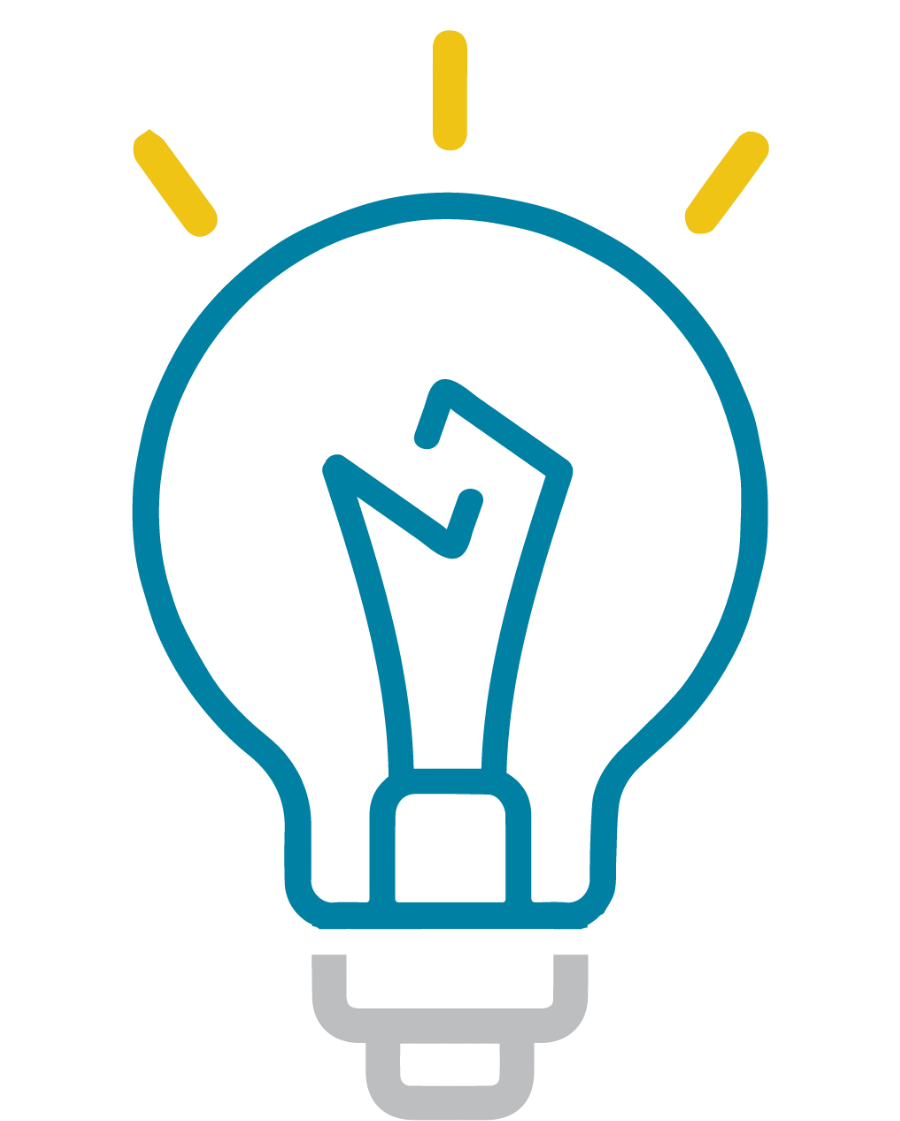
Our Mission
The Education and Employment Research Center (EERC) is a nonprofit research organization based in Rutgers University’s School of Management and Labor Relations. EERC’s research examines the intersection between education and work with the goal of being an evidence-based resource for policy and practice. Our work focuses on issues of equity and quality in education and training for students and workers, the institutions that serve them, and the broader economy, in the context of the ever-changing labor market.
Current Projects
To learn about all of EERC's past work, visit our project archives.
Visit our Community College Leadership Webinars page to learn more about the series.
Areas of Focus
 Noncredit Education and Non-degree Credentials
Noncredit Education and Non-degree Credentials
What kinds of noncredit education and non-degree credentials are available, and which offer quality pathways?
Our research delves into these short-term workforce education and training programs to better understand the content, skills, and credentials they offer, how to create data systems to measure their outcomes, and how systems are emerging to ensure and promote their quality.
 Student Choices and Pathways
Student Choices and Pathways
How do students navigate educational and career pathways?
Our research provides an in-depth look at how students make decisions about their education and career plans, whether and how they persist through education, as well as how educational institutions can support students as they navigate these pathways.
 Education and Labor Market Connections
Education and Labor Market Connections
How do educational institutions connect with key stakeholders in their local labor markets?
Our work examines how colleges engage with employers, workforce systems, and economic development entities to align programs with the labor market. EERC studies how institutions and states can make evidence-based decisions. EERC also studies models for training and employer engagement, such as apprenticeships, co-location of job centers at community colleges, and skills-based training.
 Community College Innovation
Community College Innovation
What have we learned about community college innovation?
Through years of work with community colleges, we have studied a wide range of innovations in their programs, including developmental education reform, online learning, credit for prior learning, and career pathways development across sectors, including information technology, health care, and manufacturing.
 STEM and Technician Education
STEM and Technician Education
How can education prepare students for the skilled technical workforce?
Our research examines the role of technician education in community colleges across fields, including information technology and manufacturing, as well as the role of four-year institutions in preparing students for science, engineering, and technician fields of study and employment.
Our Approach
Our research is grounded in a deep understanding of theoretically based disciplines and a commitment to the needs of current policy and practice. We apply this knowledge base to our work to generate informed and rigorous analyses of current issues at the intersection of education and employment, bridging the divide between theory and practice, grounded by a commitment to promoting quality and equity in education.
We build vibrant networks designed to connect our research to policy and practice, and bring stakeholders together to have informed conversations and share information and resources. Much of our work is conducted in collaboration with a wide range of education, government, philanthropy, business, and workforce development partners from across the country. Only in collaboration can we use our research to move practice and policy forward.
We evaluate with an awareness of the complexity of policy and program implementation. We use flexible strategies when conducting evaluations to ensure that the process supports and informs project work and develops as projects change.



